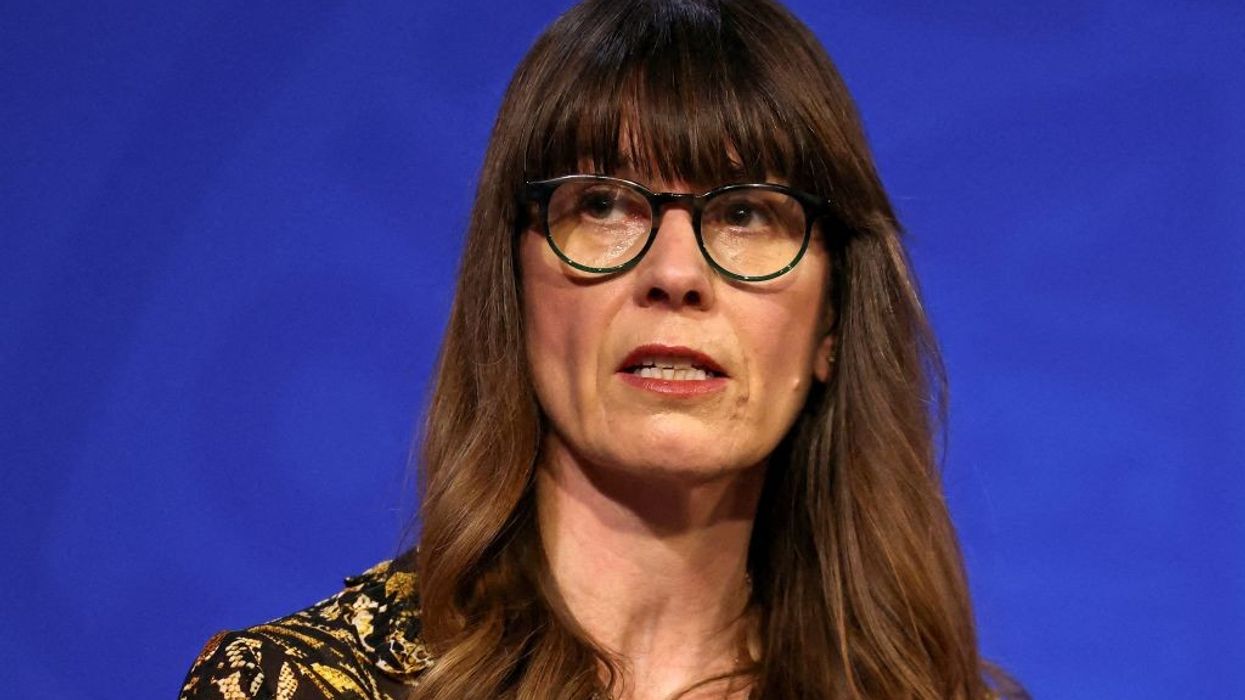The UK Health Security Agency (UKHSA) is studying XE, a mutation of the BA.1 and BA.2 Omicron strains, and 637 XE cases were detected in England as of March 22, according to official figures.
A NEW Covid-19 variant called XE has been found in the UK and early indications suggest it could be around 10 per cent more transmissible than other Omicron mutations, it emerged on Tuesday (5).
Professor Susan Hopkins, the UKHSA's chief medical advisor, said such variants are known as “recombinant” and usually die off "relatively quickly".
"So far there is not enough evidence to draw conclusions about transmissibility, severity or vaccine effectiveness," Hopkins told The Sun.
As of March 16, XE had a growth rate 9.8 per cent above that of the so-called stealth BA.2 Omicron variant, already known to be highly transmissible, the UKHSA said.
The agency cautioned, "as this estimate has not remained consistent as new data have been added, it cannot yet be interpreted as an estimate of growth advantage for the recombinant."
"Numbers were too small for the XE recombinant to be analysed by region," the UKHSA said.
According to the agency, while there are signs of “community transmission” of XE in England, it remains less than one per cent of the totally sequenced coronavirus cases.
The XE variant has also been detected in Thailand and New Zealand. The World Health Organisation (WHO) has said further data is required before more can be said about the mutation.
It said: "Early-day estimates indicate a community growth rate advantage of 10 per cent as compared to BA.2.
"However, this finding requires further confirmation. XE belongs to the Omicron variant until significant differences in transmission and disease characteristics, including severity, may be reported."
There is no evidence XE is any more serious in disease severity, with all Omicron variants so far shown to be less severe.
(PTI)




